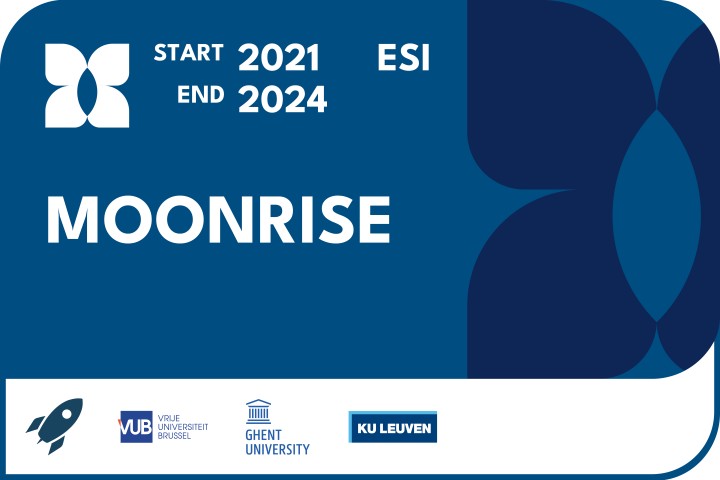MOONRISE
Hybrid membrane/sorption technology for more efficient C2 and C3 separations.

The Moonrise project seeks to make the production of base chemicals like ethylene and propylene more sustainable by developing innovative membranes to separate and purify them in an energy-efficient way.
Steam cracking
Light olefins, such as ethylene (C2) and propylene (C3), are vital building blocks in the chemical industry. Today, most ethylene and propylene is produced through steam cracking of hydrocarbons.
Steam cracking processes generate a mixture of olefins and paraffins. Separating and purifying them, through cryogenic high-pressure distillation, is both challenging and energy-intensive. In the process, substantial amounts of CO2 are emitted.
Innovative membranes
To reduce these CO2 emissions, Moonrise aims to replace cryogenic separation of C2 and C3 mixtures by membrane separations. This type of separation offers significant advantages, as it has a low energy consumption, a small footprint, and can operate continuously.
Optimal separation scheme
Innovations in membrane separation technology, including optimisations with respect to membranes’ olefin/paraffin selectivity, could allow the industry to complement or completely replace today’s cryogenic separation processes. In Moonrise, process modelling will be executed to investigate the optimal separation scheme. This modelling includes hybrid processes that combine both membrane separations and distillation.